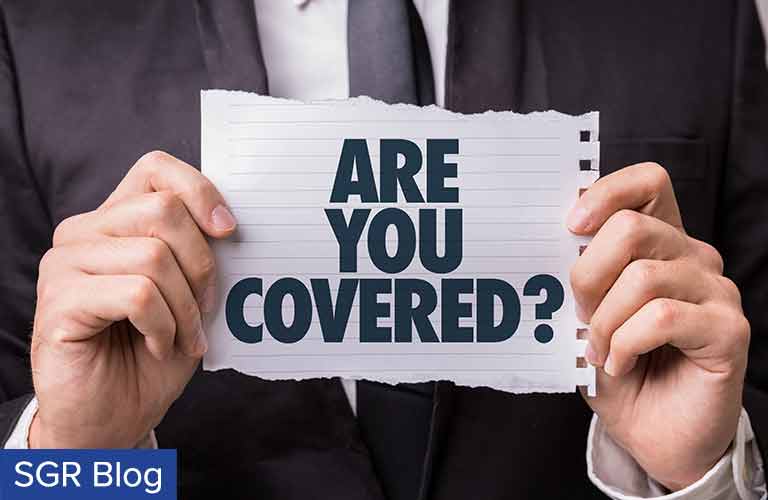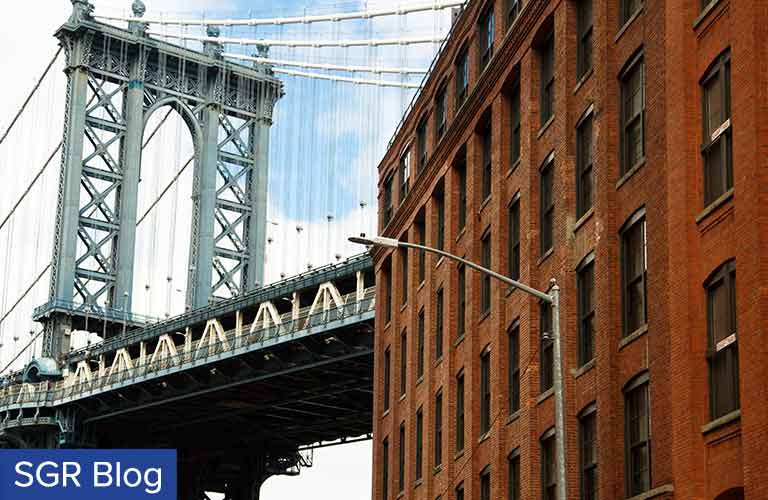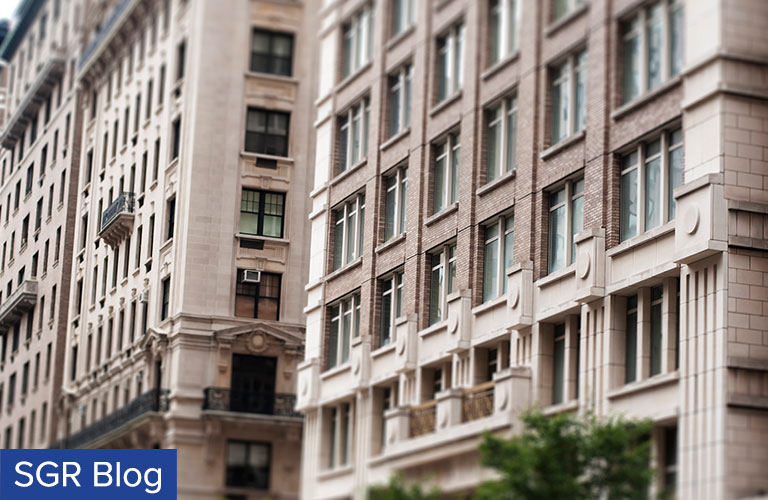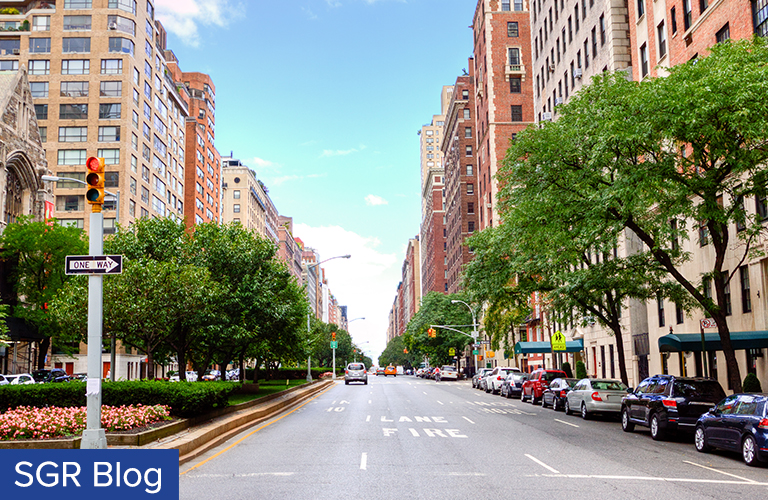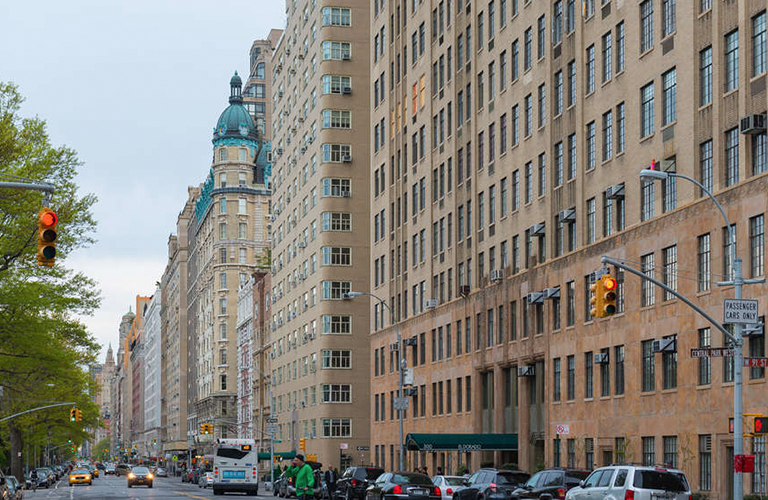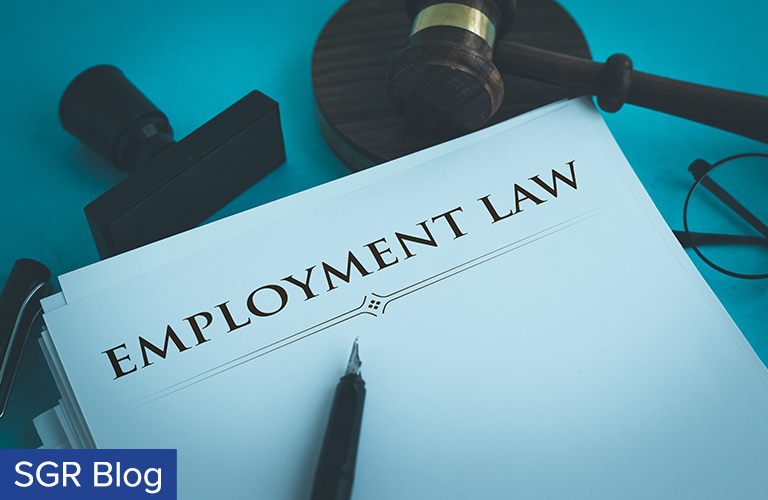
In response to the novel coronavirus epidemic, the federal government and the State of New York have issued a number of new laws and executive orders that impact employment decisions and working conditions for employees in residential buildings. Below is a short overview of these recently passed laws and guidelines for dealing with building employees during this unique time. Because the governmental guidances and requirements are evolving and specific circumstances may vary, these are general guidelines only; consult with counsel or your HR advisor with respect to specific questions. New York’s Work-From-Home Executive Order: Employees of Businesses Providing Non-Essential Services… Read more


